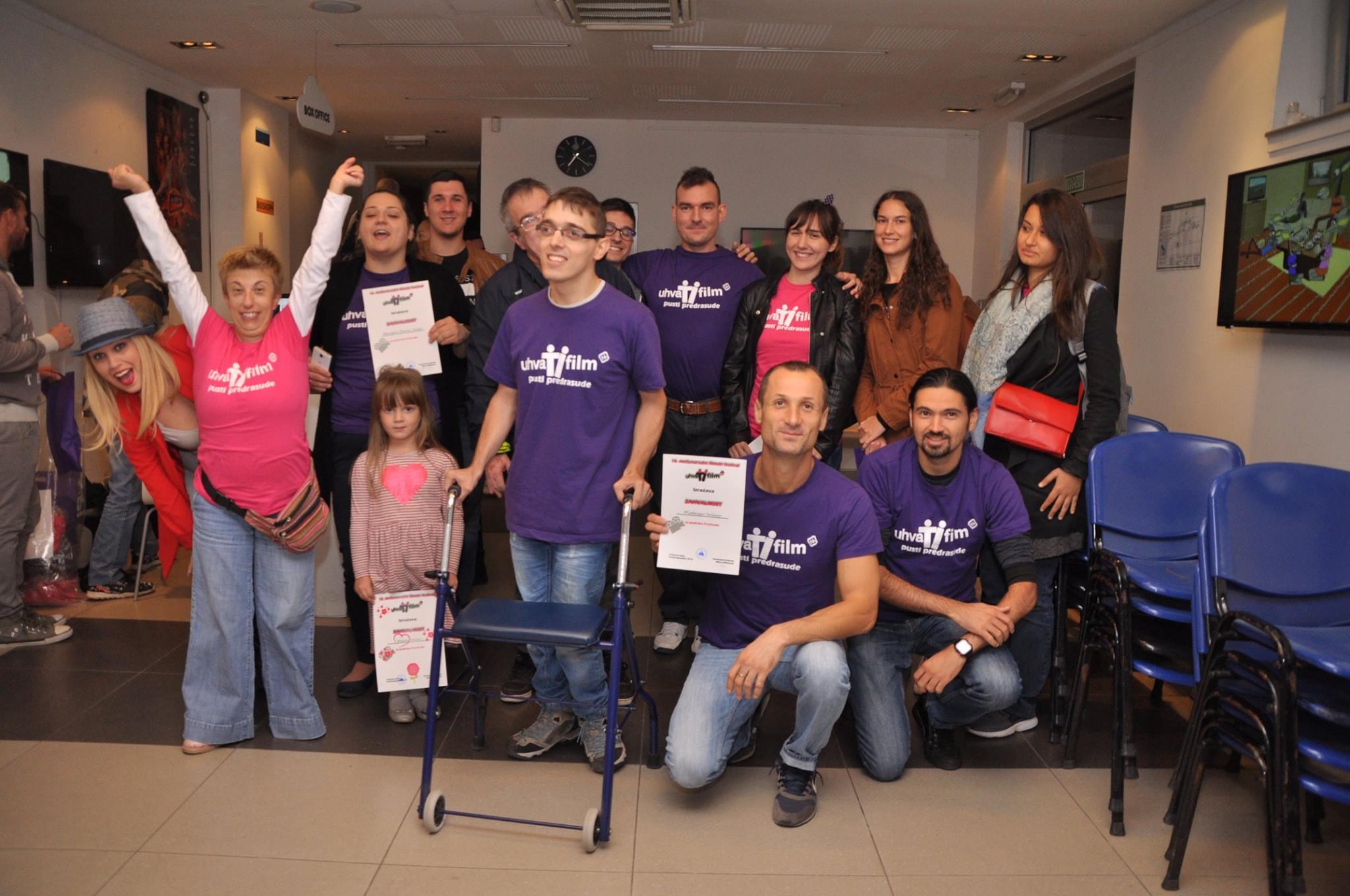Safety, equality and empowerment of women in Serbia is still a topic that requires more attention, more action and more engagement primarily by women themselves, with steady support by the government, the policy makers and also from healthcare institutions.
The theme of the International Women’s Day 2019 is “Think Equal, Build Smart, Innovate for Change”, with focus on innovative ways in which we can advance gender equality and the empowerment of women, particularly in the areas of social protection systems, access to public services and sustainable infrastructure.
To celebrate the Women’s Day UNFPA featured stories of women real-life heroes from Serbia and globally, who are breaking social, political and cultural barriers, and often risking their lives in order to ensure respect to basic human rights for all women.
“For UNFPA, innovation is about expanding the possible. It’s about opening up women’s opportunities for education, sexual and reproductive health, employment and participation in the affairs of their communities” said Dr. Natalia Kanem United Nations Under-Secretary-General and Executive Director of UNFPA. With this in mind “innovations like our new Population Data Platform can help decision-makers map needs and target interventions to reach those furthest behind. By combining different sources of data, it can help highlight, for example, which districts in a country have the highest rates of child marriage, or where demand for contraceptives outstrips supply”, explained Dr. Kanem.
Despite the low level of need, according to the UNFPA Population Data Platform, and some general advancement of position of women in Serbia, violence against women is still not a rare occurrence. The International Men and Gender Equality Survey (IMAGES) in Serbia reflects worrying attitudes, where almost 20% of men think that ‘women sometimes deserve to be hit’. Another research, conducted by CSO Atina, indicates that 76% of secondary school girls experienced some sort of gender based violence.
Poverty in rural areas gravely affects women, especially those with disabilities, migrants and the elderly. This creates dependency on the male household owners, keeping women in a subordinary position, where they are worried to report home-based violence from fear of being ousted, or stigmatized by the community. Often they are not aware where to find help, which is why UNFPA Serbia, with its local partners and the Government of Serbia, is working on strengthening information channels for women in rural areas. The work entails also working with the health-care professionals in building their capacity to recognize and address cases of domestic violence.
Another burning topic in Serbia is the need to reform legislation on sexual and reproductive health. Ahead of International Women’s Day 2019, Council of Europe Commissioner for Human Rights Dunja Mijatović issued a very strong statement in support to SRHR: “I urge all governments to uphold women’s right to self-determination about their sexual and reproductive health, and to ensure women’s effective access to health care facilities, goods, services and information. Instead of stagnating, we need to move forward on women’s sexual and reproductive rights.”
The IWD 2019 is also marked in the context of the 25th anniversary of the International Conference on Population and Development (ICPD), whose achievements will be reviewed in Nairobi from 13-15 November. “Because UNFPA’s mandate is crucial for achieving sustainable development, the office in Serbia will focus on increasing visibility and effectiveness of our work, while looking at innovative ways in which we can reach out to the stakeholders and target groups across the society”, says Marija Raković, Assistant Representative at United Nations Population Fund in Serbia.


